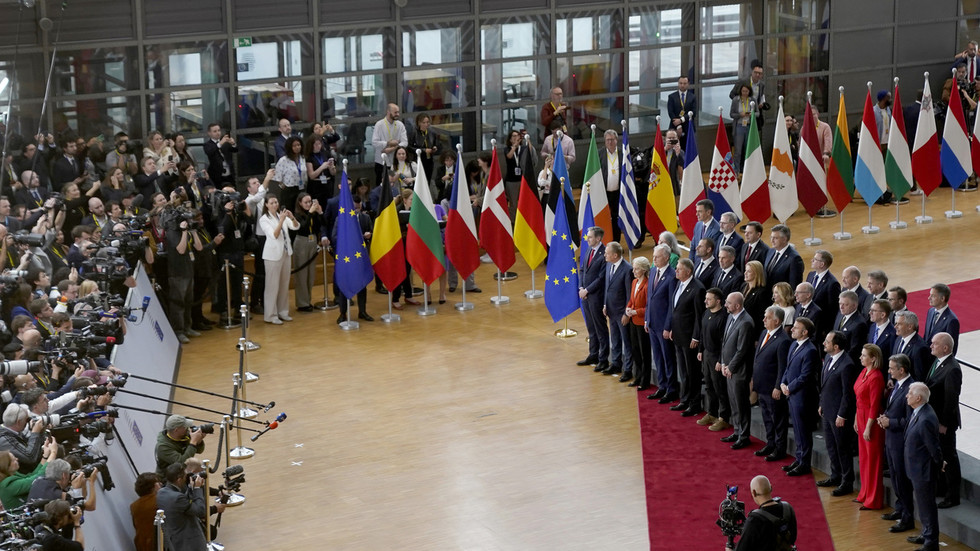The European Union (EU) is proactively strategizing to maintain robust sanctions against Russia in light of potential shifts in U.S. foreign policy, particularly concerning the upcoming presidential election. Sources revealed that EU officials are concerned about the possibility of Donald Trump, if re-elected, reversing America’s current stance on sanctions and support for Ukraine. To counter this risk, the bloc is exploring various measures to ensure that their legislative actions against Moscow remain effective regardless of the outcome of the U.S. election. Discussions are underway to enhance existing sanctions and possibly introduce new ones that could solidify the EU’s commitment to isolating Russia.
Among the proposed initiatives are “catch-all” clauses aimed at identifying and halting shipments of goods bound for Russia that may contribute to its war efforts. This includes tightening the enforcement of sanctions, establishing stricter customs controls, and implementing broader restrictions on oil transport. These measures involve scrutinizing shipments that appear to have illogical routes, such as those that unnecessarily transit through Russia to reach Central Asian countries. This proactive approach reflects the EU’s intent to adapt its strategies to ensure a sustained economic pressure on Moscow.
The bloc is also considering extending the duration for renewing freezes on Russian central bank assets from the current six-month period to an extended 36-month timeframe. With approximately $300 billion in Russian assets already frozen due to the ongoing conflict with Ukraine, the EU aims to fortify these measures to prevent any potential easing of restrictions, particularly if U.S. support wavers. The anticipation of a possible shift in U.S. policy has led EU officials to reminisce about past experiences, notably when Trump withdrew the U.S. from the Iranian nuclear deal, which left many EU countries in a challenging position.
Such concerns are amplified by Trump’s recent statements during his campaign, where he has suggested that U.S. aid to Ukraine could be cut back if he returns to office. His ambiguous stance on supporting Ukraine raises alarms among EU members who rely heavily on U.S. backing to enforce sanctions effectively. Analysts suggest that any softening of Washington’s approach would leave Europe vulnerable, as the U.S. holds significant global leverage over sanctions enforcement. This intricate dynamic underscores the EU’s dilemma of balancing its own foreign policy goals with its reliance on U.S. leadership.
In tandem with these developments, Russian President Vladimir Putin has positioned the West’s sanctions as detrimental to global stability, claiming they foster interstate conflicts and undermine strategic cooperation. He has characterized the belief that economic sanctions could decisively weaken Russia as an illusion. Such rhetoric aims to frame Russia as a resilient actor against Western pressure, thereby countering narratives that suggest the efficacy of sanctions in influencing Russia’s actions. This presents a complex backdrop for EU officials, who must navigate both internal and external pressures while formulating their foreign policy strategy.
In conclusion, the EU’s preparation for a potential U.S. policy reversal underscores a broader concern about its geopolitical autonomy and effectiveness in sanctioning Russia. As policymakers brainstorm new avenues to fortify sanctions, the interplay between U.S. electoral outcomes and European responses remains crucial. Ensuring that sanctions against Russia remain stringent and cohesive will be vital for the EU’s long-term strategy and stability in the face of external challenges. Ultimately, the outcomes of the U.S. election will significantly shape not only transatlantic relations but also the broader geopolitical landscape as the EU continues to assert its role amidst an evolving international order.

